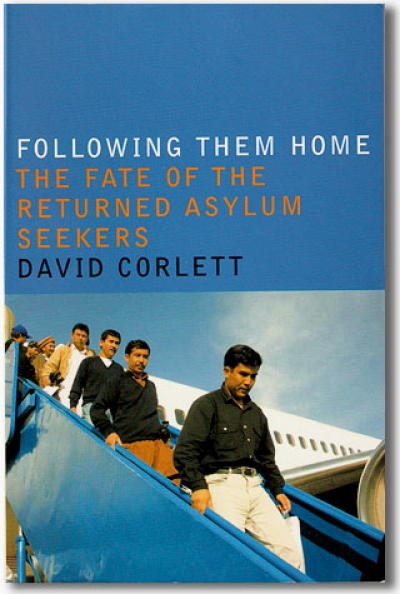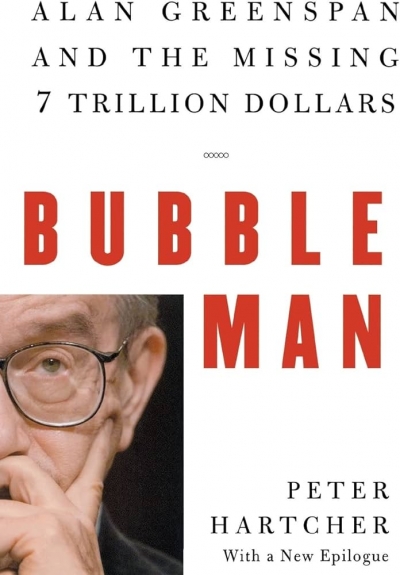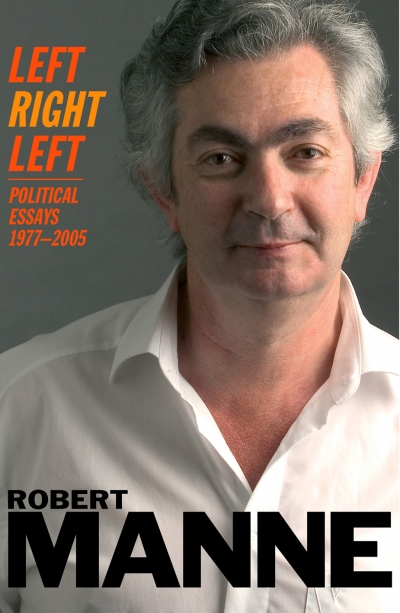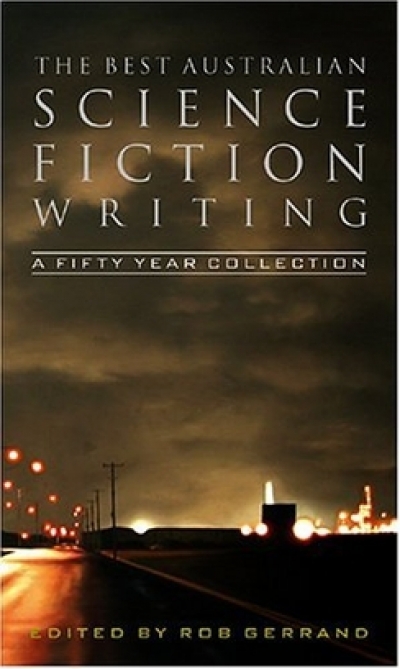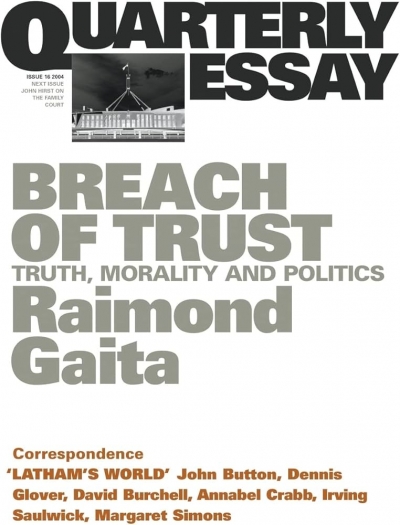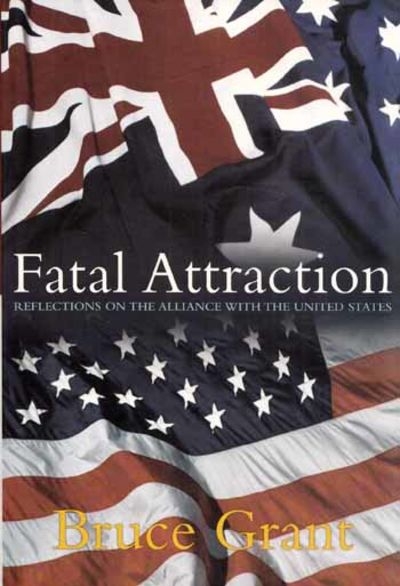Black Inc
Eyewitness: Australians write from the front-line by Garrie Hutchinson
by Martin Ball •
A City Lost and Found: Whelan the Wrecker's Melbourne by Robyn Annear
by Ian Morrison •
Following Them Home: The fate of the returned asylum seekers by David Corlett
by Peter Mares •
Bubble Man: Alan Greenspan and the missing 7 trillion dollars by Peter Hartcher
by Richard Walsh •
The Best Australian Science Fiction Writing: A fifty-year collection edited by Rob Gerrand
by Chris Palmer •
Quarterly Essay 16: Breach of trust: truth, morality and politics by Raimond Gaita
by John Uhr •
Game For Anything by Gideon Haigh & The Best Australian Sports Writing 2004 edited by Garrie Hutchinson
by Rod Beecham •
Fatal Attraction by Bruce Grant & How to Kill a Country by Linda Weiss, Elizabeth Thurbon and John Mathews
by Jock Given •



